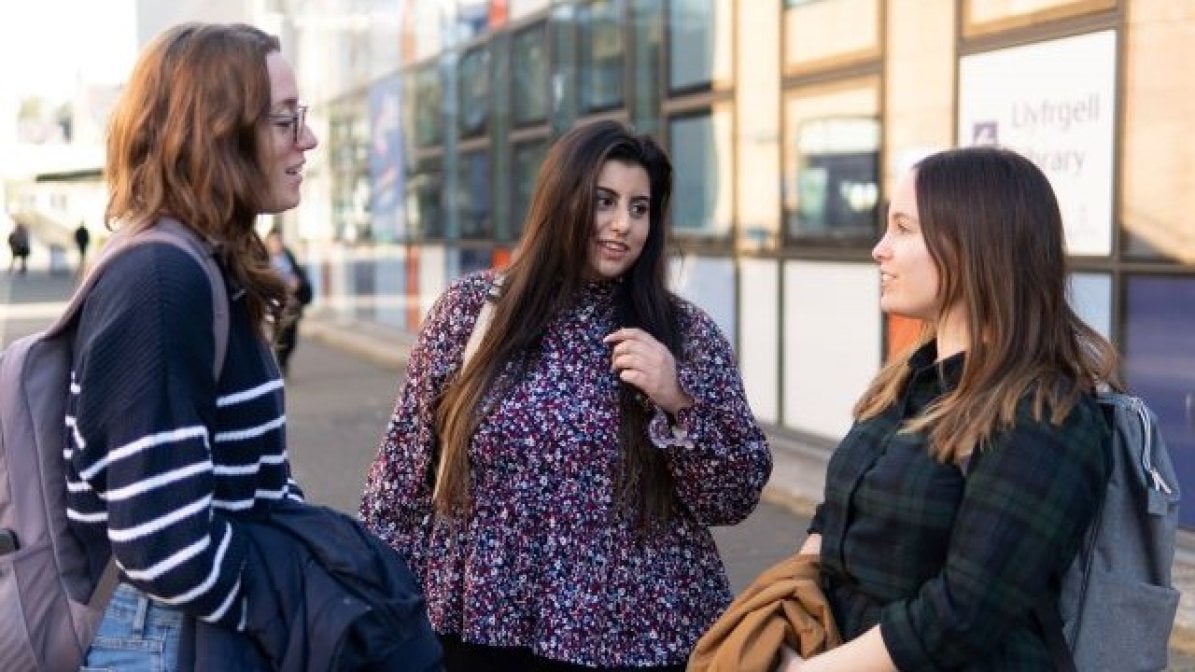
Open days
If you're visiting a university or college open day, you may be able to arrange a meeting with the disability or mental health adviser to discuss the support available and your specific requirements.
Guide to open days for disabled students
